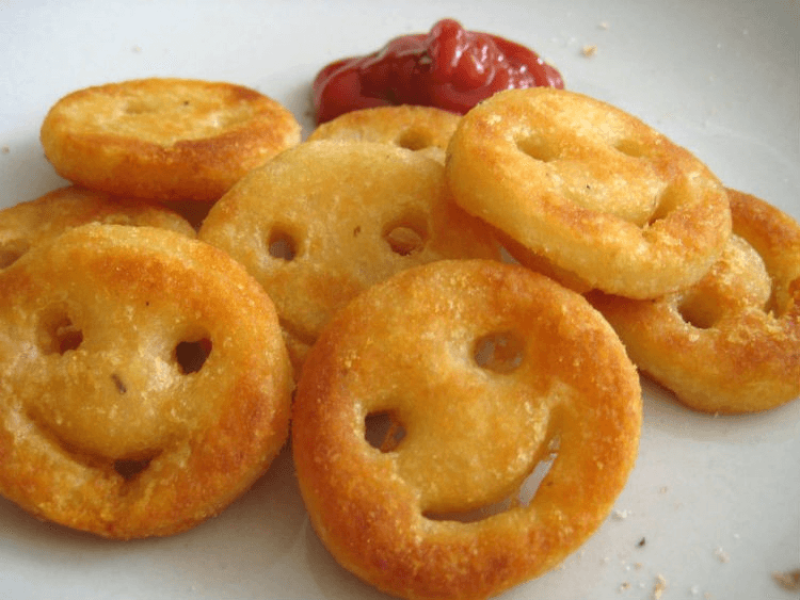When food is given human-like features, people do not like to eat it, research from the University of Innsbruck, Austria has found. The study is published in the Journal of Consumer Psychology.
While consumers like to purchase humanised food products like gingerbread men, they prefer not to eat them. Yet ‘cold-hearted’ people who lack empathy or remorse are the exception, the study found.
“By humanising a food product, we grant it the capacity to feel (pain),” says the paper’s author, Roland Schroll an assistant professor in the Faculty of Business and Management.
“Consequently, consumers don’t like to eat such a product because eating it seems immoral.”
Anthropomorphism – attributing human characteristics – has long been a popular marketing strategy for food products (think talking M&Ms, or the Australian company that puts smiley faces on pies).
Three involved advertising featuring both anthropomorphised and regular apples. After seeing the ad featuring an apple with a face, consumers reported lower desire to eat an apple, and said they would enjoy eating an apple less. The exception was people who self-identified as being ‘cold-hearted’.
…
The study suggests that companies or organisations seeking to anthropomorphise food in their marketing or communication should consider whether their goal is to promote consumption or purchase. It issues a warning for those wanting to encourage food consumption: exercise caution with respect to humanising food products.































